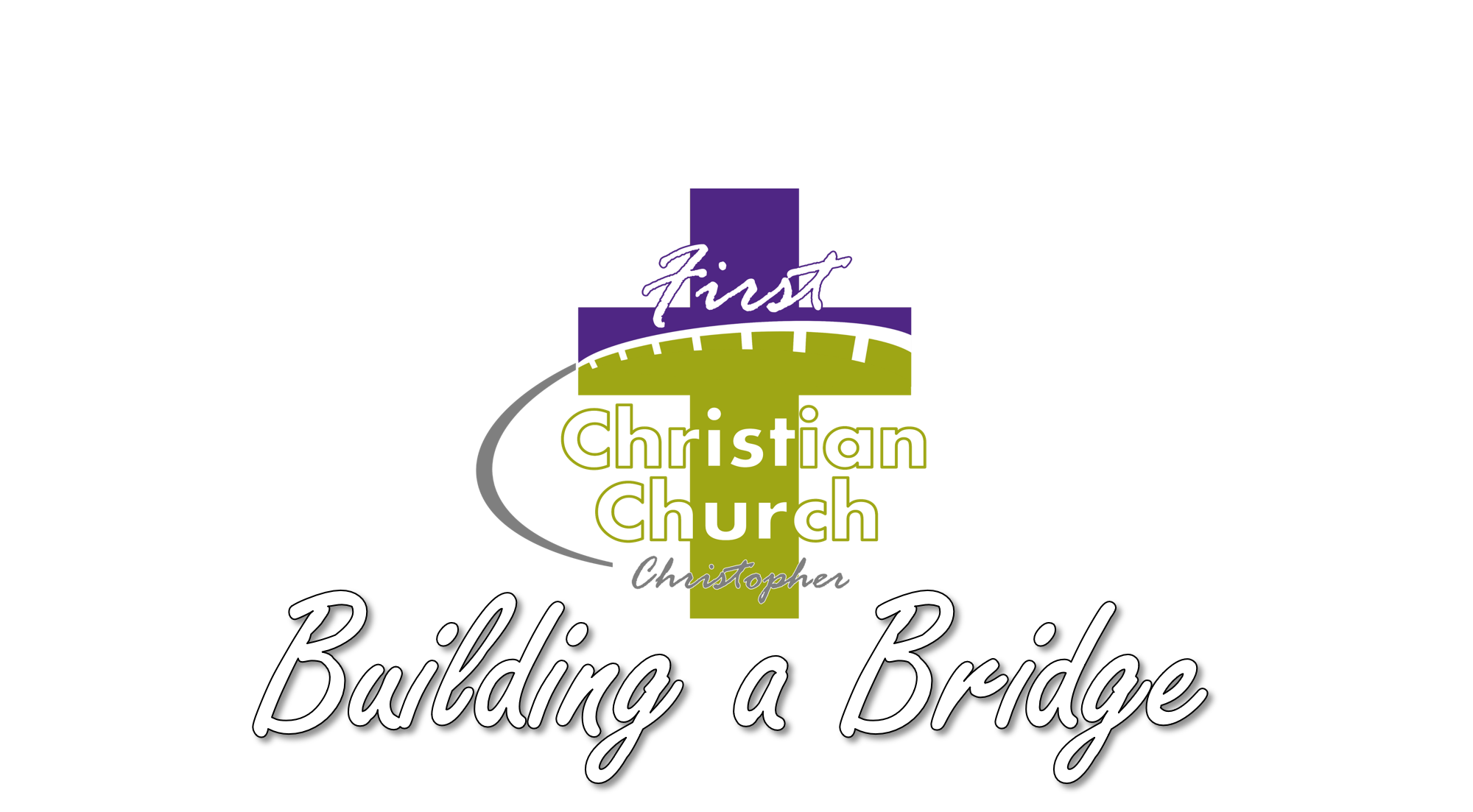Many skeptics today will say the Bible is not reliable. In most cases when skeptics use the term reliable, they mean trustworthy or accurate. They wonder: Is the Bible historically accurate? Do we have the correct books in the Bible today? Hasn’t the Bible been changed by men over time?
As Christians, we believe the ultimate authority is the word of God. The Bible tells us that the Holy Spirit will lead us in all truth (John 16:13). It also affirms that God will preserve his Word, meaning his Word will supernaturally be kept pure (Psalm 12:6-7).
One of the most important issues when it comes to the Bible is the number of books. Protestant Bibles contain 66 books. Whereas, Catholic Bibles hold 73 books, the Ethiopian Bible has 83. Who is correct? As Christians, we know the voice of God by the power and guidance of the Holy Spirit. There are three questions we can ask when it comes to recognizing which books should be in the Bible.
- Did it come from the Apostles, or an associate of the Apostles? When we review the list of books, can we connect any of the authors to the original apostles in the first century? This is important because it gives weight and trust to the book in question. If we have a book with an unknown writer, it should lead us to investigate this text a little more.
- Did the church accept the teaching of the manuscript in question? If the book in question was rotating among the early church and accepted as the Word of God, it can be trusted. Origen, an early church father, produced a list of books in the New Testament by 250 A.D.
- Is this book consistent with all other reliable texts, and consequently, do not contradict the other reliable teachings of the Bible? This is important because if a book agrees with another book, we are able to see unity in Scripture. Many books found in the Catholic Bible, for example, contain historical errors and contradictions. This is important to note because God does not contradict himself (Numbers 23:19).
As faithful students of the gospel, we don’t pick and choose which books belong in the Bible; we recognize the voice of God by the power of the Holy Spirit. We look at the content within these books and build a reasonable case. We also ask important questions and allow God to lead us in the path of truth.
Other factors to include in our discovery is historical accuracy and messianic fulfillment of prophecy. The Bible describes events and places throughout thousands of years of history. Many of these places and events are verified from Archaeology. Archaeology cannot prove if the Bible is the inspired word of God, but it can show us if things found in the Bible are true or false. By excavating biblical sites, archaeologists have proven many facts claimed in the word of God.
As Christians, we truly can believe the word of God and trust in God’s Spirit of truth to “guide you into all the truth” (John 16:13). Our foundation must start with this truth in mind. If we root our ultimate authority in history or external data, it can change or put us on shaky ground with a skeptic because it goes through human hands to determine what is reliable and what is not. As Christians, we believe with confidence that the ultimate authority is the word of God and so we pattern our lives after it.
